
FOOD SCIENCE AND TECHNOLOGY
Feed your curiosity about the science of nutrition, flavor and safety of food products
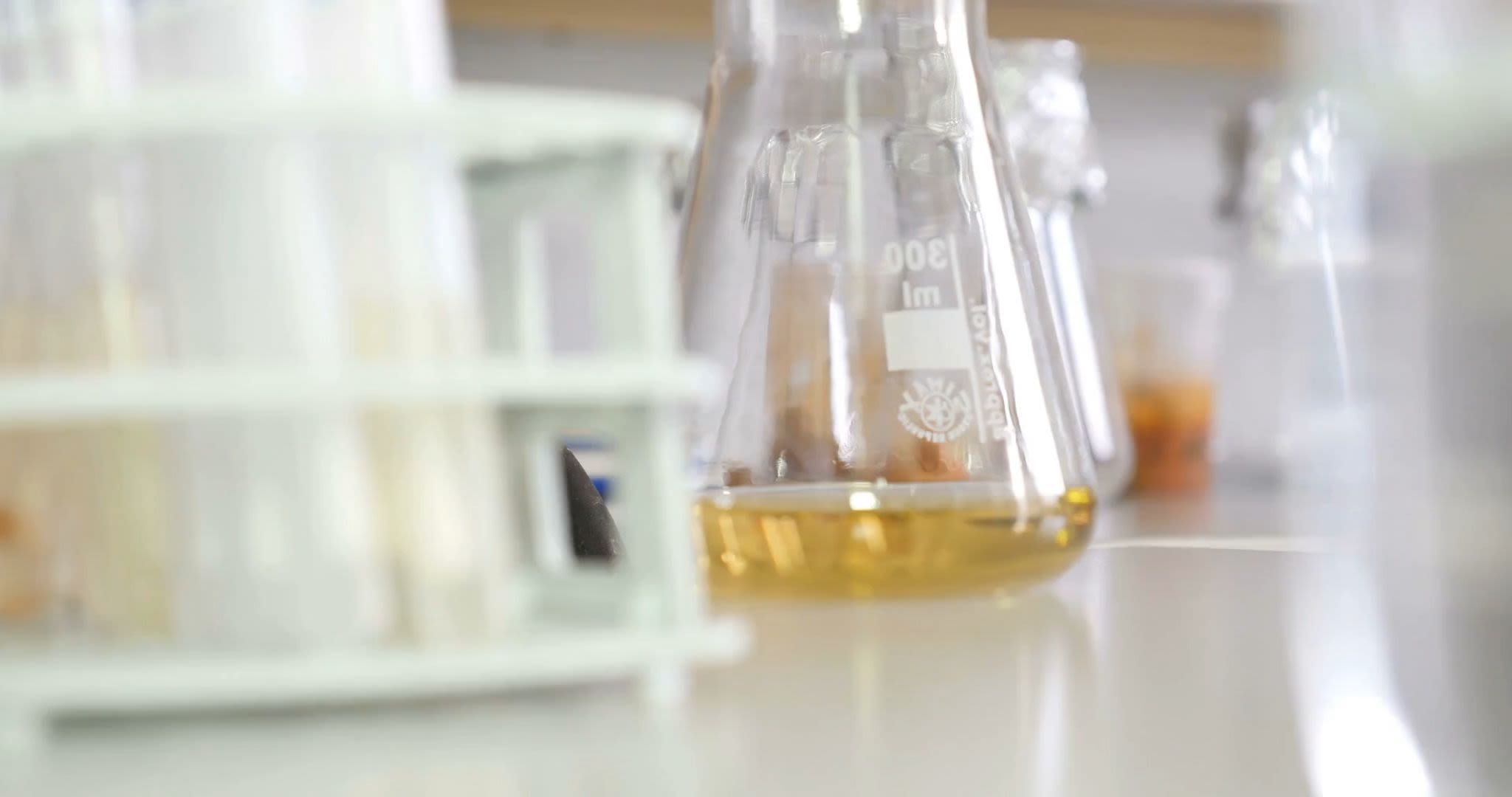
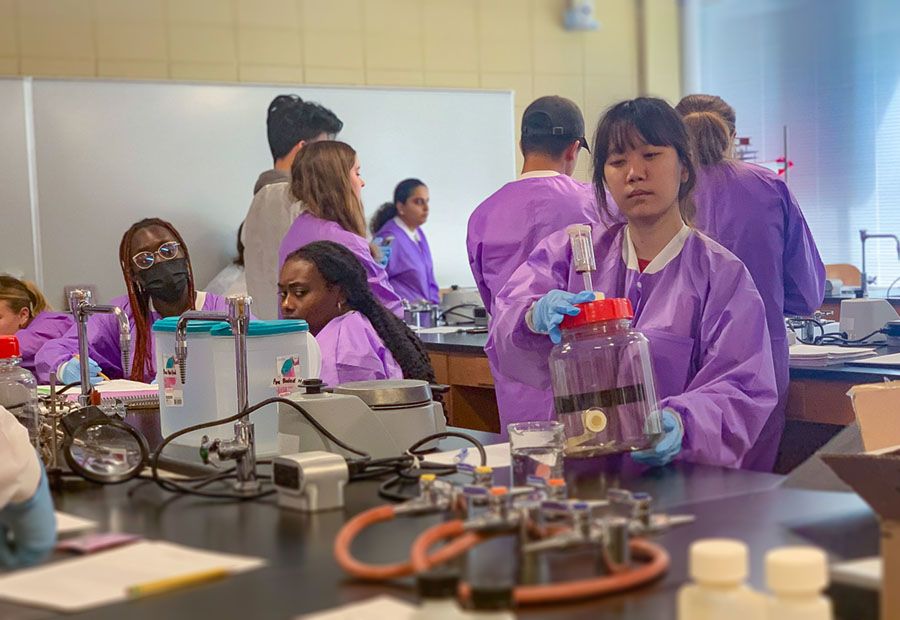
Students work in a fermentation lab.
Students work in a fermentation lab.
Have you ever thought about how food gets to grocery store shelves? UGA food science and technology students learn the science and skills to make innovative food products, improve flavor and nutrition, and contribute to the food safety and health of the global community. Our world-renowned faculty are training the next generation of food scientists for a critical segment of the workforce.
Sink your teeth into the science behind what we eat
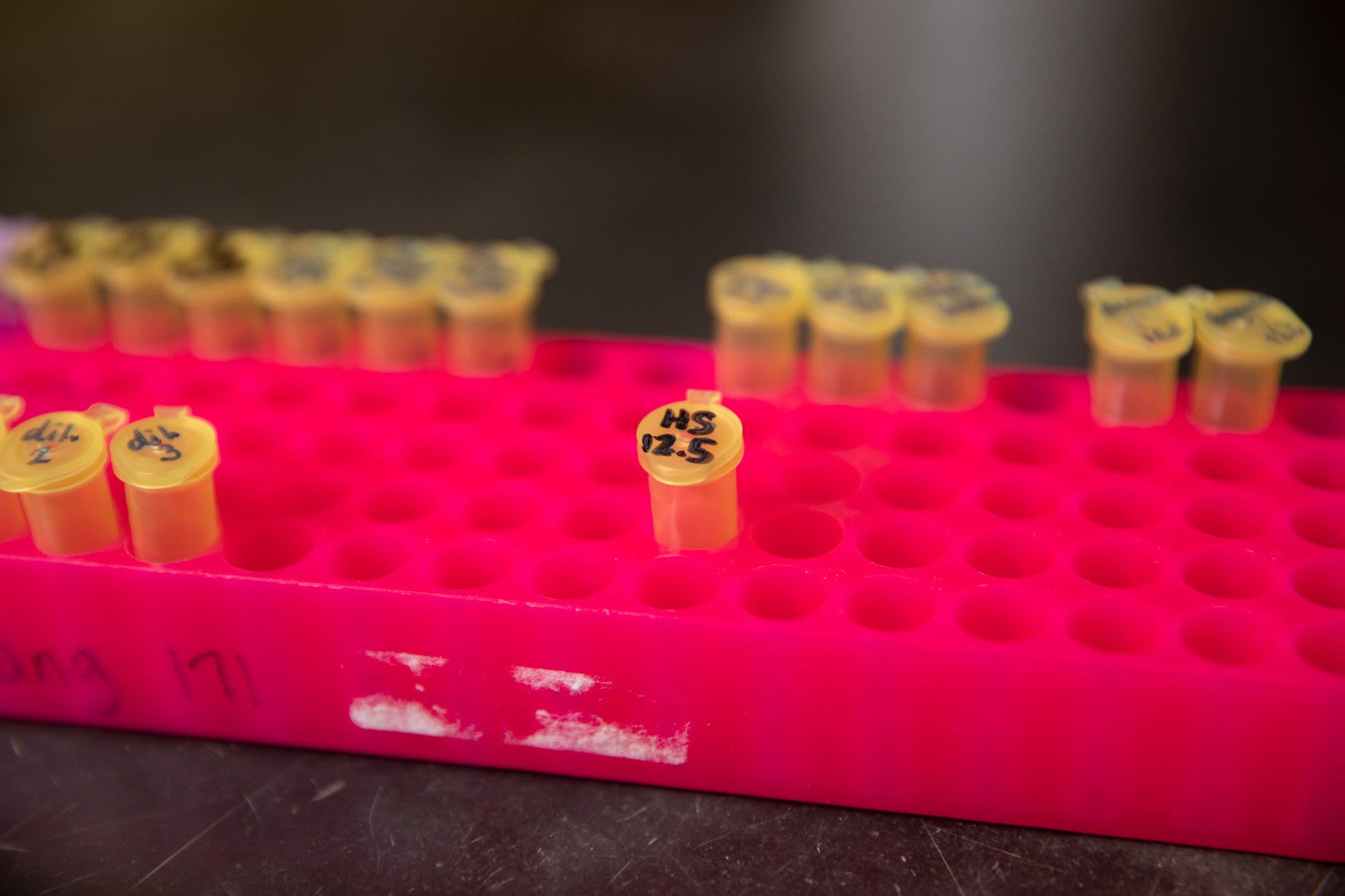
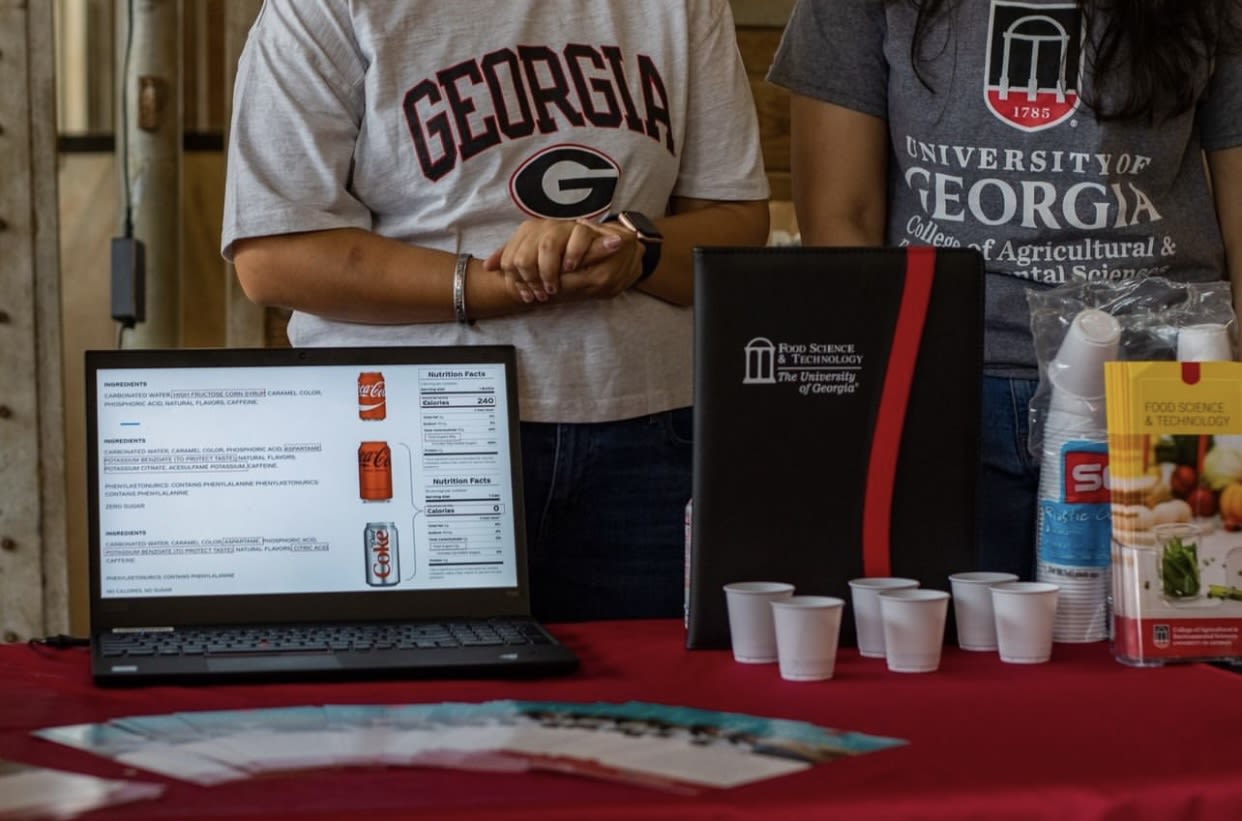
Careers in Food Science and Technology
Most food scientists love what they do, and 8 out of 10 say that they have been employed in a food-related role throughout their career.
Career paths are fluid within the food science profession ‚ and nearly half of survey respondents said that their skills transferred from one sector to another, especially those working in nonprofit organizations, government and academia.
According to the 2022 Institute of Food Technologists Compensation and Career Path Report, starting salaries for entry-level professionals in Food Science and Technology soared to a median of $77,000, up 33% from the $58,000 median in 2019.
The median salary for food science professionals also increased 16%, reaching $110,000 compared to $95,000 in 2019.
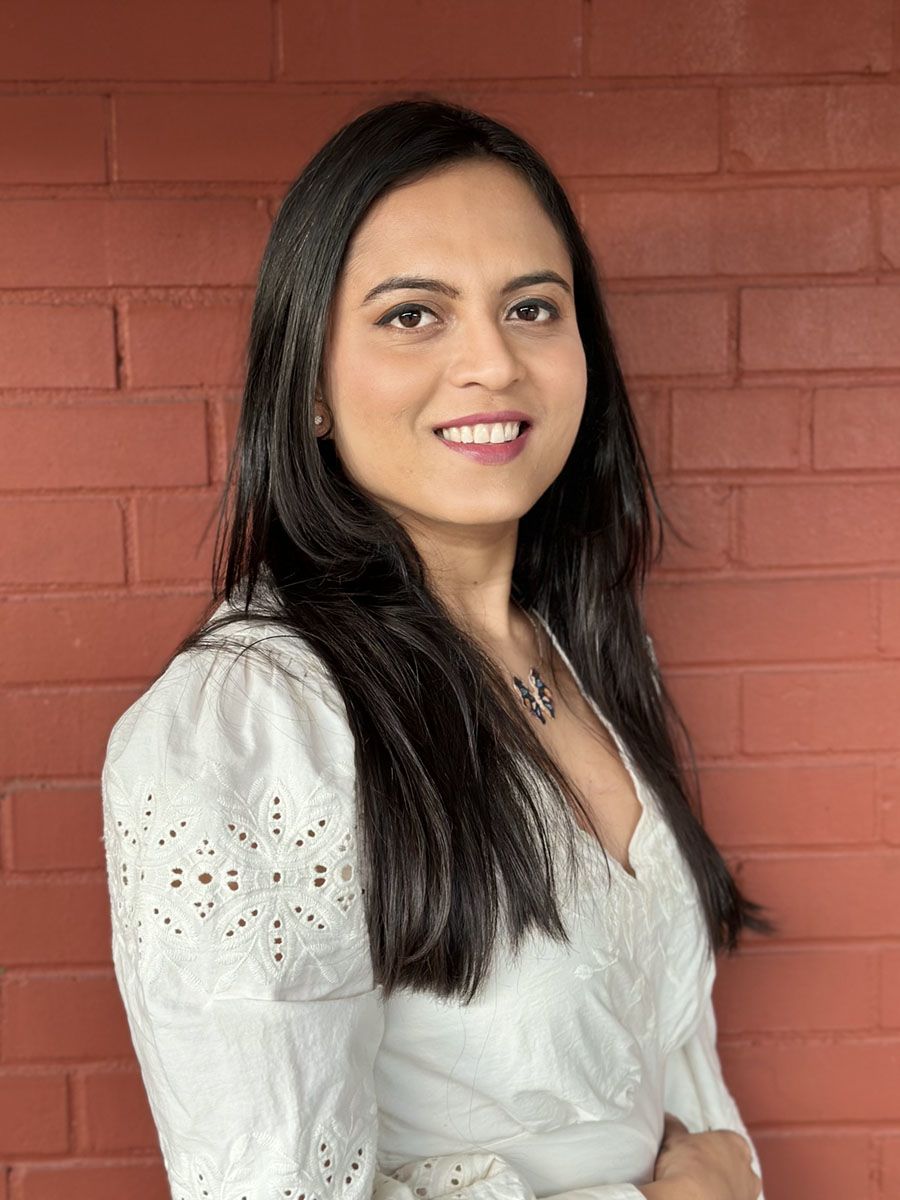
“After working five years in the dairy industry, the master of food technology program gave me an opportunity to gain profound knowledge of food science and technology. All classes were illuminating and created in a way that will help online students. All professors have had such an impact on me and have been helpful throughout the program.”
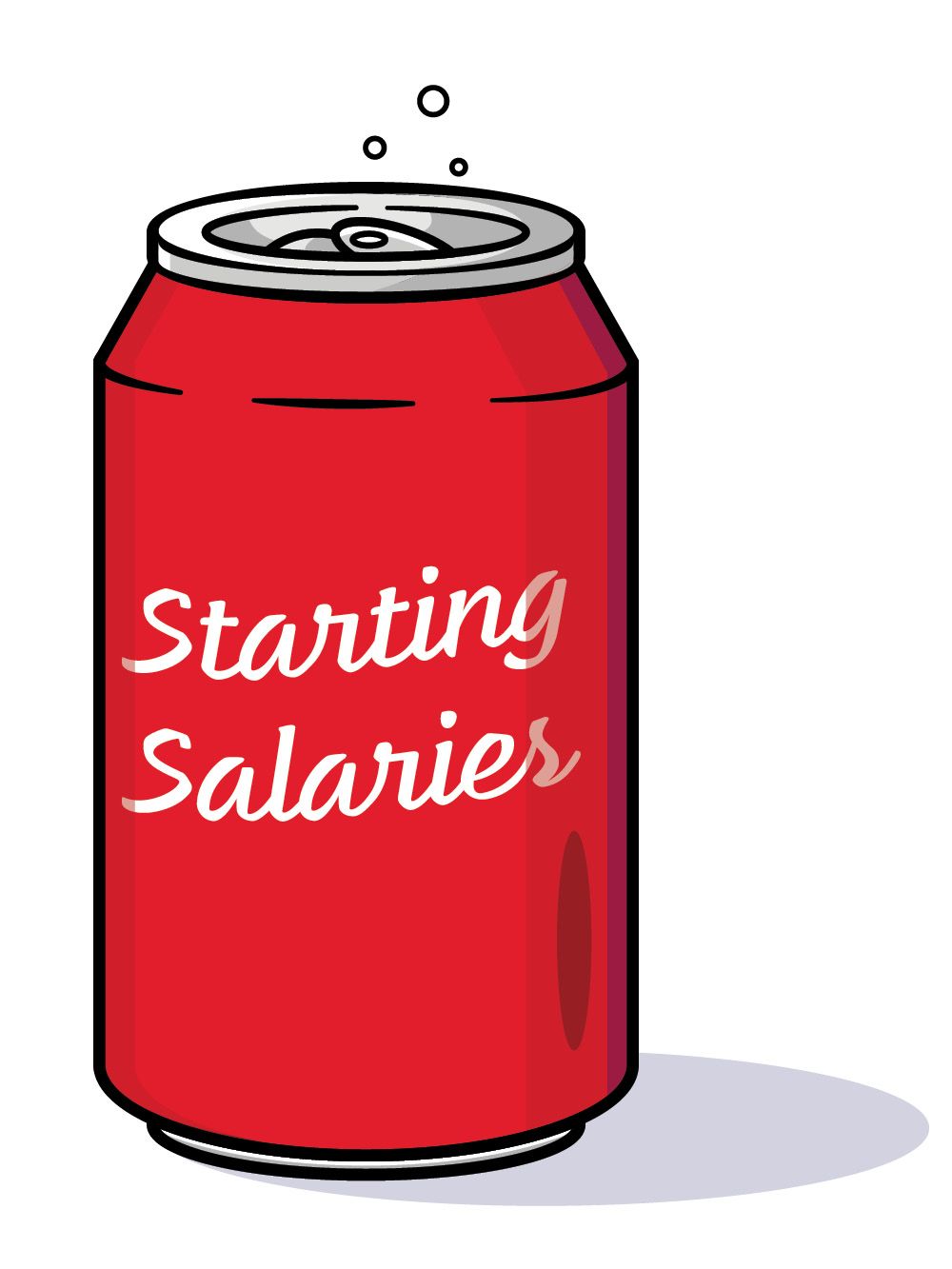
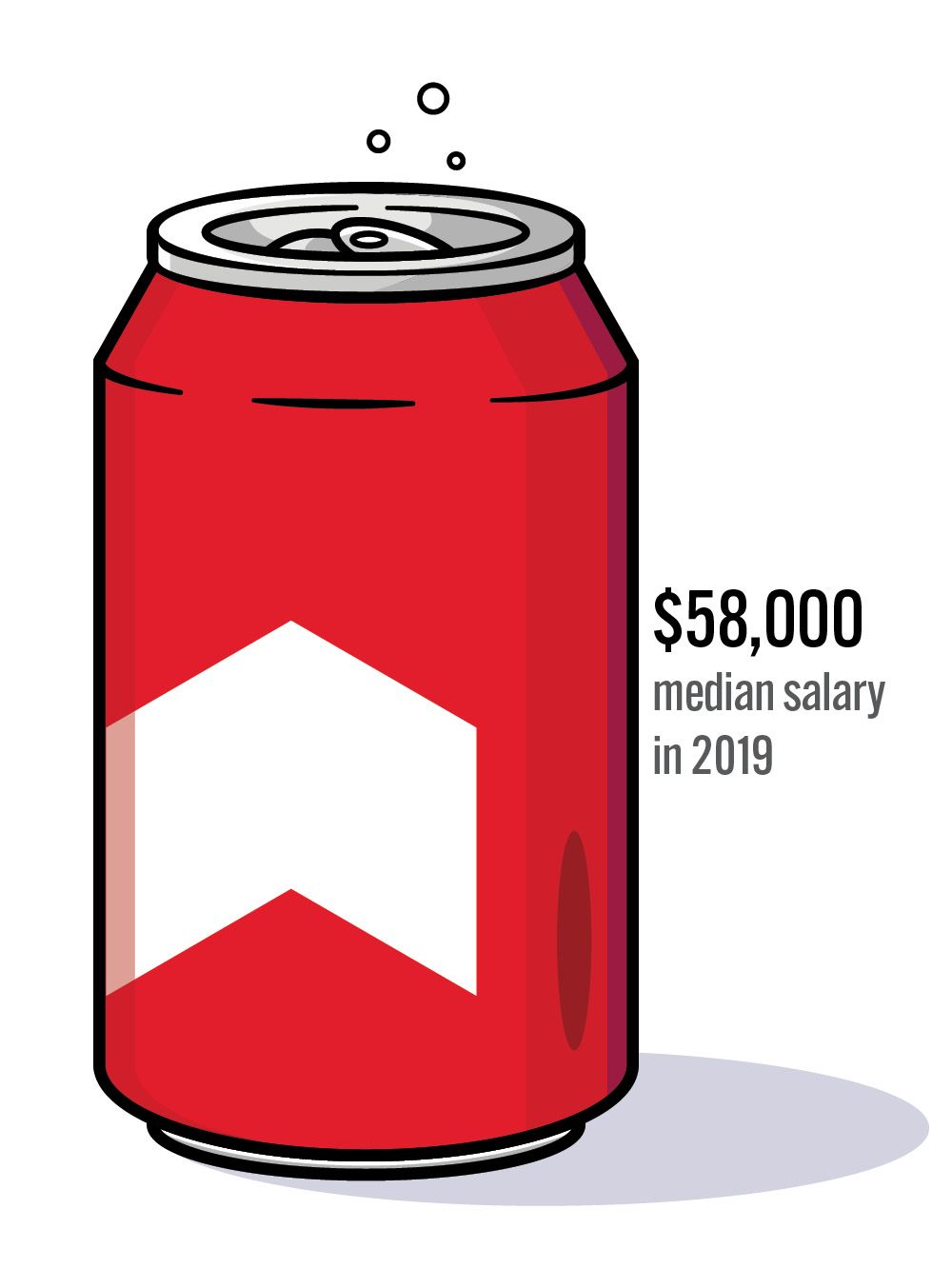
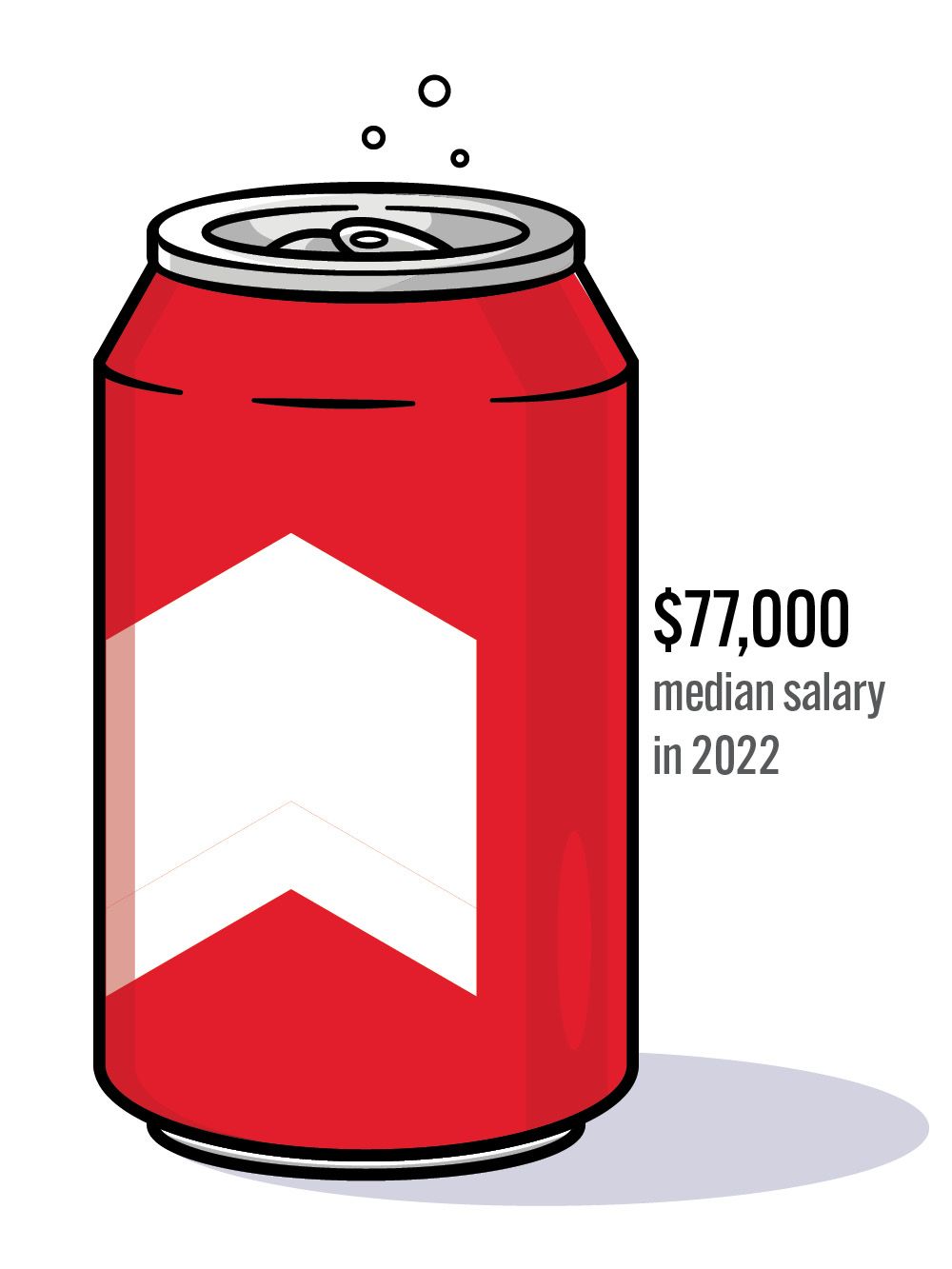
Experiential Learning
The experiential learning requirement encourages students to gain real-world experience, broaden their horizons and become more marketable to employers through several curricular options. CAES offers a range of courses and activities that support internships, research, service-learning, study abroad, field study and other hands-on specialty experiences.
We offer our students over 100 internship placement opportunities in the food science industry for undergraduate and graduate students, spanning 19 states and multiple countries.

“I was a food design intern at Conagra Brands working to reformulate products in their Snacks Division. This experience provided me the opportunity to take a real, impactful project from ideation to creation and taught me what it means to be a product developer. It confirmed my passion for R&D and made me excited to come back to UGA and make connections between what I'm learning in the classroom and what I was able to achieve in a professional setting.”


RESEARCH OPPORTUNITIES
The department has research facilities in two Georgia locations, Athens and Griffin. These facilities include over 20,000 square feet of food processing laboratories, including equipment for drying, freezing, evaporation, freeze drying, retorting, pasteurization, particle reduction, smoking, marination, meat processing, fermentation and dairy processing.

“The food science department is very supportive of students. They provide all the resources that are needed for research. Also, the department provides very good opportunities for attending conferences. Love it!”
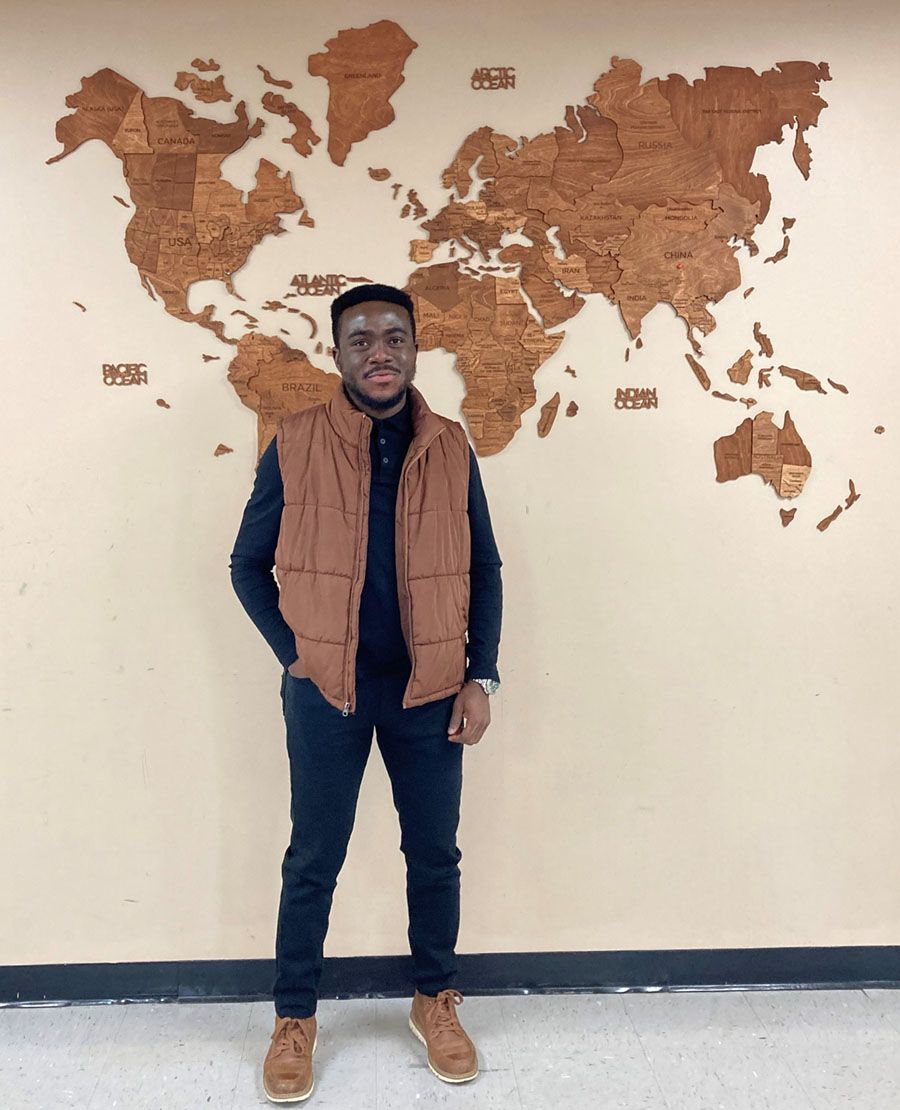
“The excellent research facility at the Center for Food Safety and the wonderful people in the department are my favorite parts of the program.”
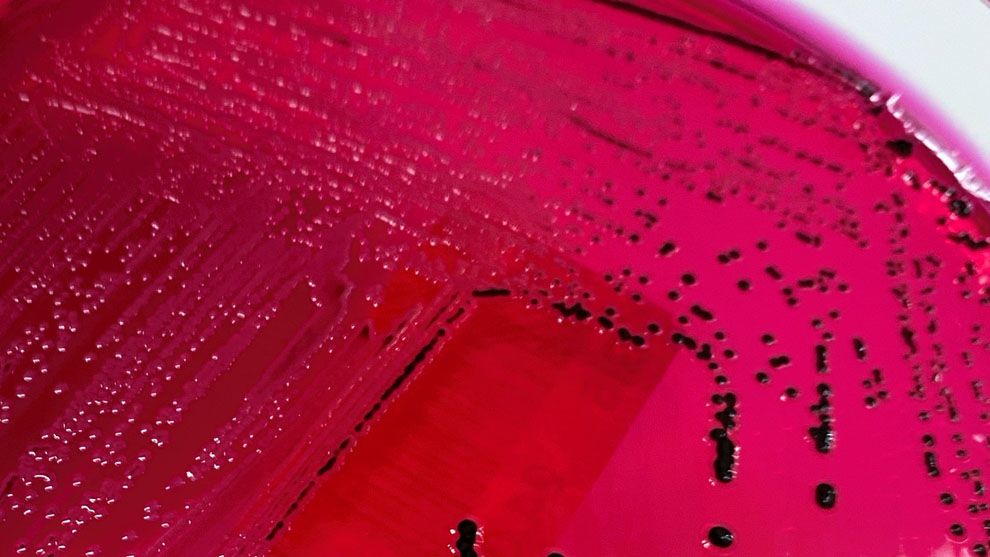
Study Abroad

Faculty-led Programs
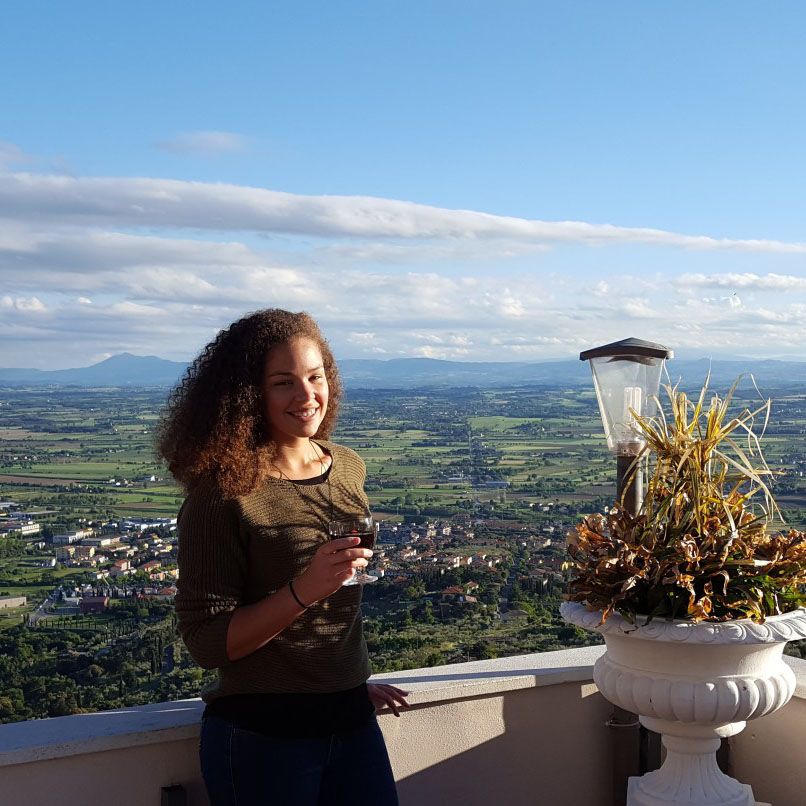
Viticulture and Enology in the Mediterranean Region
PATH(HORT)(FDST) 3050: This four-credit-hour course is taught during May session at the UGA campus in Cortona, Italy. Centrally located within the Tuscany region on the crest of Mont S. Egidio overlooking the vast Val di Chiana, Cortona is surrounded by beautiful olive groves, vineyards, rich valley farmland and immense history. The course consists of a combination of lectures, horticulture and sensory labs, as well as field trips to vineyards and wineries. Activities and learning opportunities include:
- Identify wine types and common taste components of red and white wines
- Learn how to pair wine with food
- Study the health implications of wine consumption
- Identify common varietals by sensory analysis
- Study the characteristics of different grape varieties
- Gain knowledge of different cultivation techniques
- See different grapevine diseases and pest management techniques
- Tour winemaking facilities
- Learn about microbiological and chemical processes associated with vinification
- Experience the sensory implications of winemaking decisions
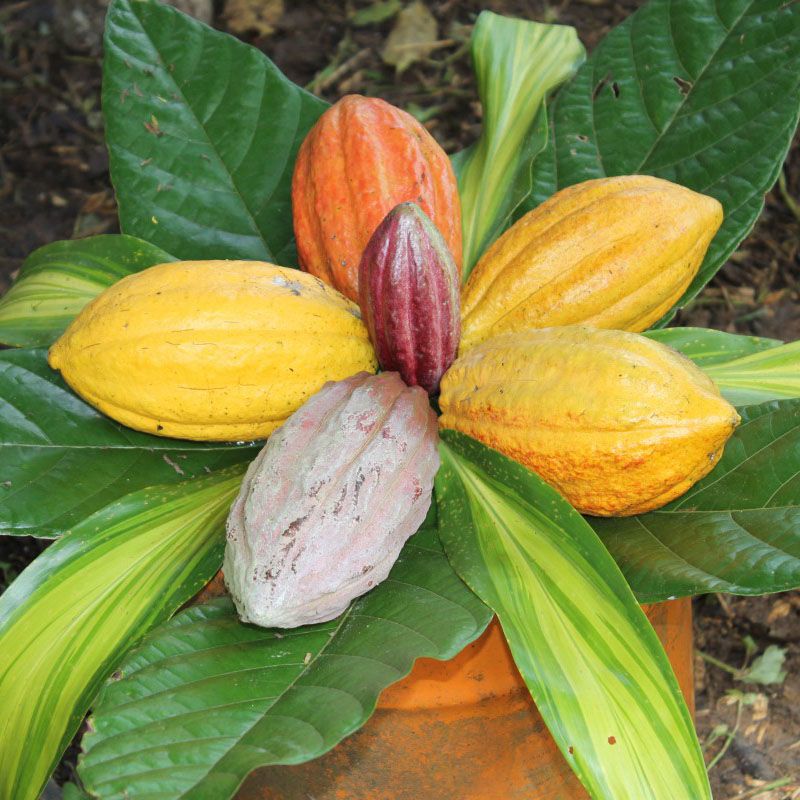
Choco Rica: The Science, History, and Culture of Chocolate
FDST4160/6160: This course will be taught at the UGA campus in San Luis de Monteverde, Costa Rica. Activities and learning opportunities include:
- Experience a hands-on workshop on chocolate manufacturing from bean to bar
- Tour cacao farms in the Upala region in northern Costa Rica
- Visit artisanal and industrial chocolate processing facilities
- Participate in a workshop on chocolate and truffle confection in Monteverde
- Learn the historical and cultural significance of cacao production in Costa Rica and Latin America
- Enjoy on-site observation and reflection on the production and growing conditions and socioeconomic impact of cacao production in Costa Rica
- Gain hands-on experience in the manufacturing of chocolate from dry cocoa beans
- Get an experiential assessment of quality characteristics and sensory properties and their relationship to the chemistry and biochemistry of cacao, its bioactive components, health aspects, and the technology that justifies why this plant genus was called “Food of the gods”
Scholarships
American Association of Candy Technologists Scholarship
One or more scholarship(s) awarded to food science students with a demonstrated interest in confectionery science.
Joe W. Andrews Scholarship
This scholarship is awarded to a food science student of good academic standing with an expressed interest in dairy food science.
John C. Ayres Scholarship
One or more scholarship(s) awarded to food science students based on academic achievement, extracurricular activities and a demonstrated desire to pursue a career in food science.
Horowitz Family Scholarship
This scholarship is awarded to an undergraduate food science student based on academic achievement and demonstrated financial need.
Dorris A. Lillard Scholarship
One or more scholarship(s) awarded to undergraduate food science students based on academic achievement and leadership.
Dr. Morrison and Genevieve Loewenstein Scholarship
This scholarship is awarded to a graduate or undergraduate food science student of good academic standing with an expressed interest in the field of dairy food science.
Tedford/Tellico Inc. Agriculture Scholarship
One or more scholarship(s) awarded to food science students based on academic achievement and demonstrated financial need. The recipient must demonstrate exceptional skills in written and oral communication.
Virginia Dare Scholarship
This scholarship is awarded to undergraduate food science students based on academic achievement, leadership, professional potential and interest in flavor technology.
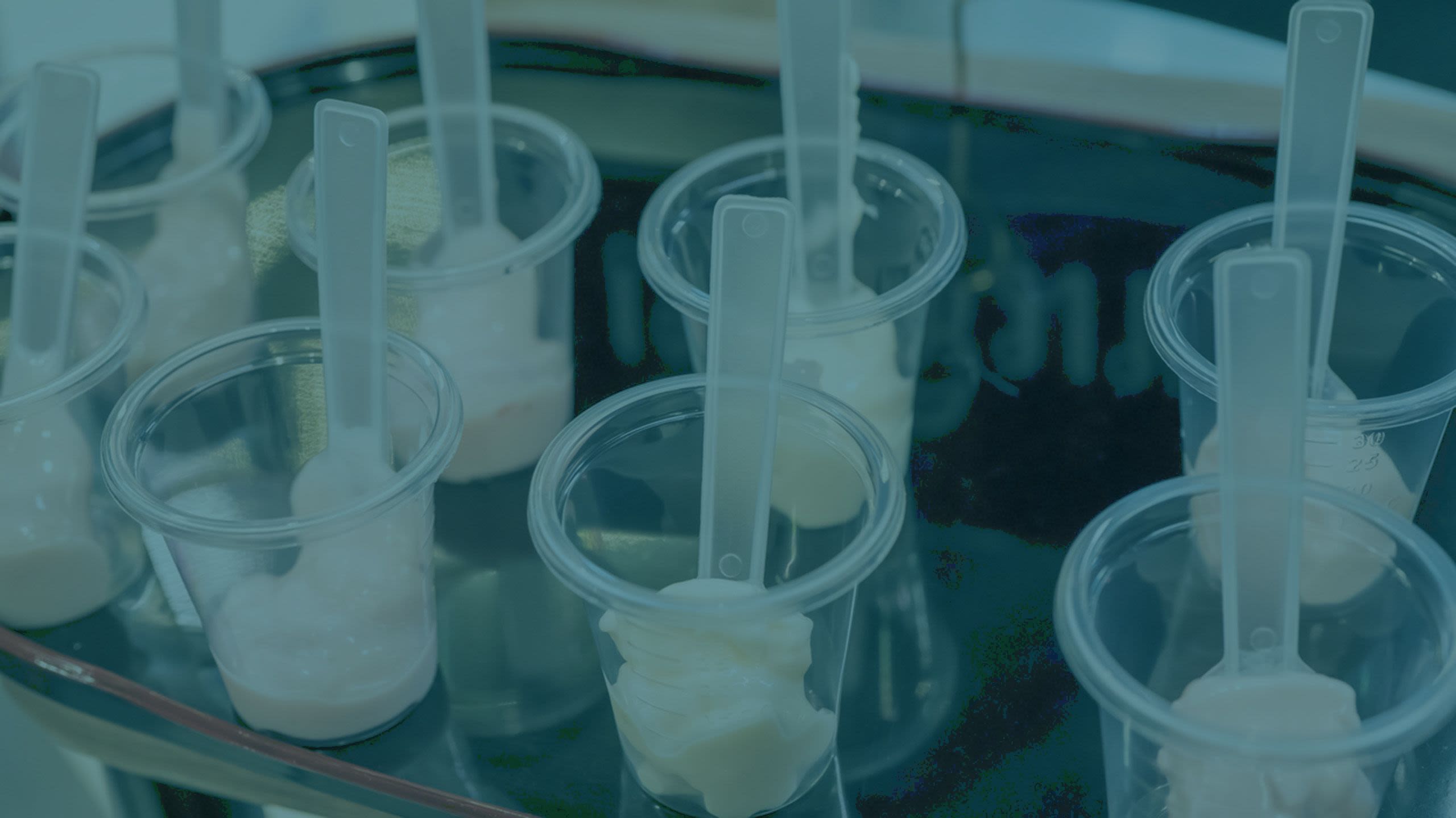
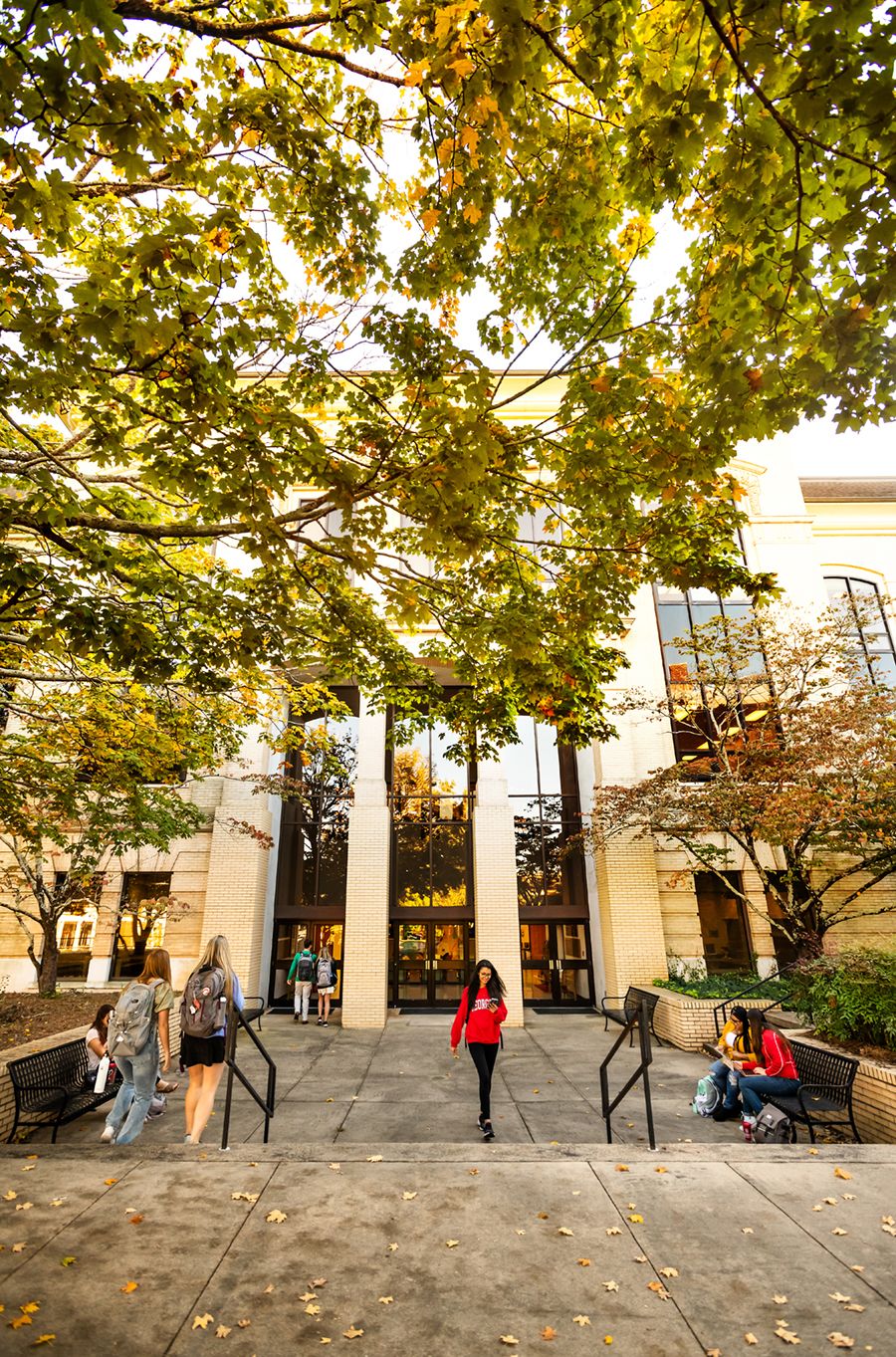
Interested in becoming a CAES student?
Schedule a campus visit and learn more about the admissions process today.
CAES students work alongside world-class scientists to get hands-on experience in their field. Through scholarship opportunities, small class sizes and faculty support, CAES students are empowered to become the next generation of leaders.
